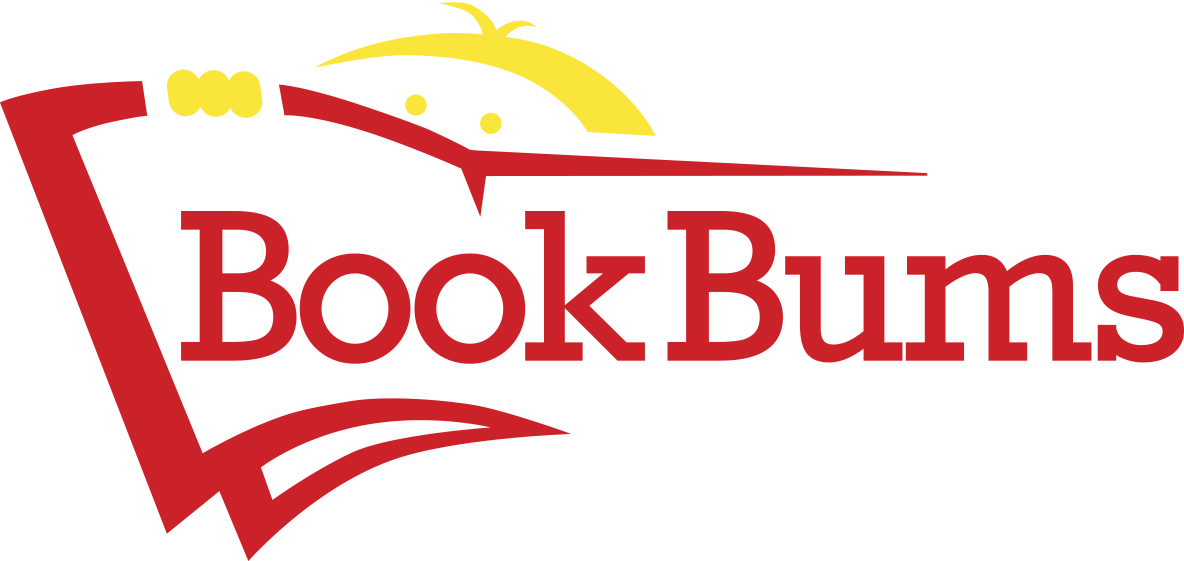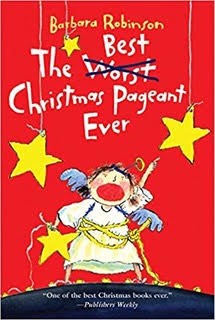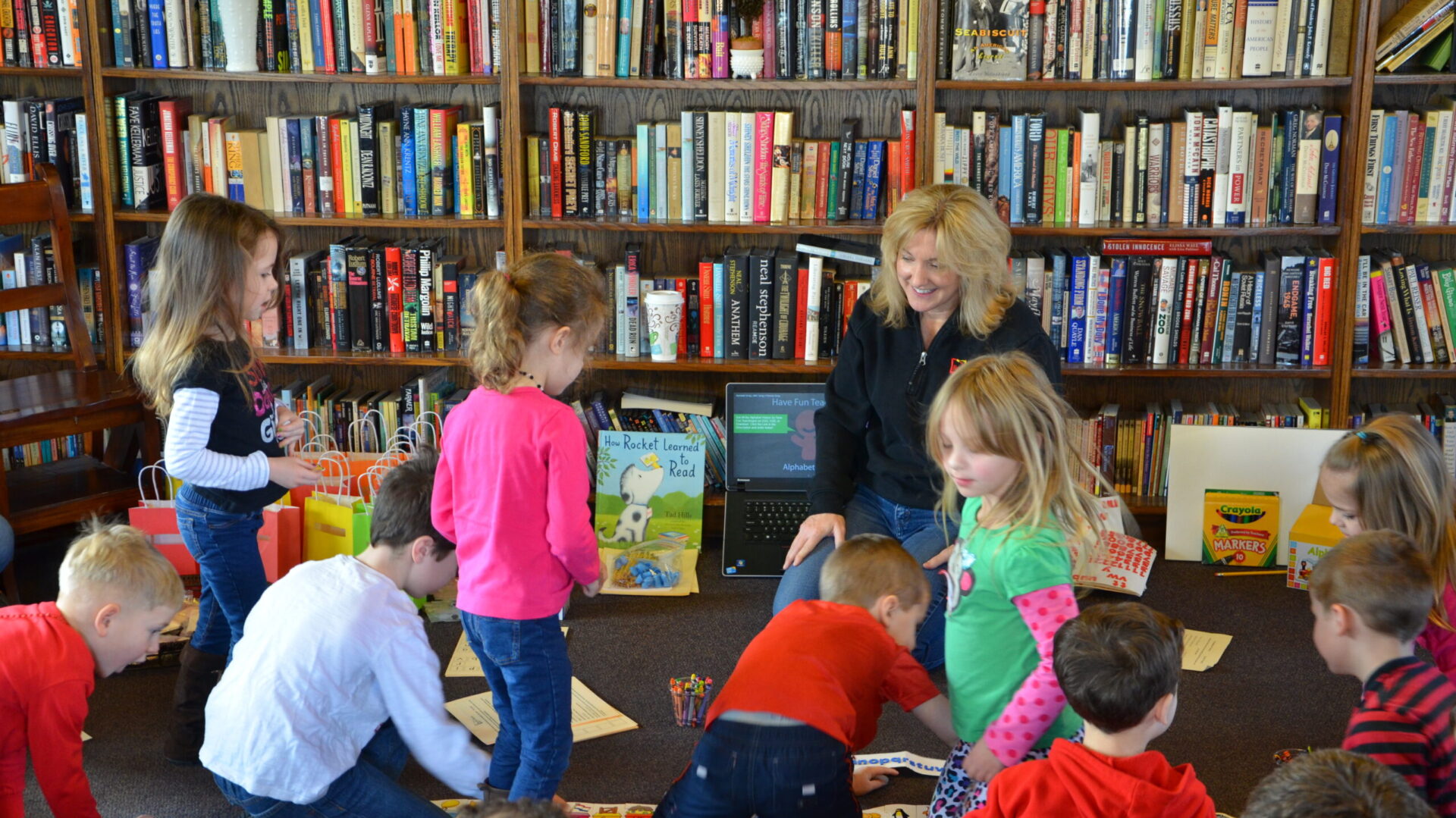
Hello Book Bums families!
Words are all around us as we live our daily lives. We find them on street signs, in the songs we listen to, on the packaging of our dinner ingredients or a new toy, and on the holiday cards arriving in the mail. Look and listen for interesting sounds, unusual spellings, and new meanings. Try noticing more of the words in your environment and sharing them with your children or a friend.
Bookbums.com is an Amazon Associate; We earn from qualifying purchases. This means that if you click on a link to Amazon.com and make a purchase, We may earn a small commission at no extra cost to you. We do recommend the products. Feel free to find them by other means.
Word of the Week
laud (verb/action word) - to praise someone
Sam's tutor lauds her for each new skill she masters.
*Listen for this word of the week in sacred Christmas carols.
Literary Calendar
• December 10 is Dewey Decimal System Day in honor of Melville Dewey's birthday.
• This system is used in libraries to organize books by topic so librarians and readers can easily find anything from poetry to cookbooks.
From our Bookshelves

If you have kids in the elementary grades and your family celebrates the birth of Jesus at Christmastime, we have the perfect read aloud for you. It’s a little scandalous, but mostly hilarious; and it will have your kids begging for more. The book is The Best Christmas Pageant Ever, by Barbara Robinson. Experience the magic of a great story and Christmas— together!
The Best Christmas Pageant Ever is about a family who is reluctantly put in charge of their church’s traditional Christmas pageant. When a family of misfit kids decides to be in the play (they come for the free snacks), they create chaos at every turn. In the end, those rough-around-the-edges hooligans come to understand the true meaning of Christmas. Let the story of Christmas wash over you, anew, with this treasure of a book.
The book is 128 pages long. It is listed for kids ages 8-12, but if you’re reading it aloud, the whole family can enjoy it.
Tips for Families
When your kids are doing something that you would like for them to continue doing, say, aloud, what you’re seeing—just like an enthusiastic narrator. When your kids are doing something that you’d prefer they stop doing, either don’t mention it or address it quickly and with low energy.
When tutoring, I often say, “Yes! Both hands are on your paper. That will keep your paper from slipping as your hand moves across the paper as you write.” and “You have both hands on the word card. That means you can hold it in place with one hand, and your finger can do the pointing with the other hand. I wish I could take a picture of you right now. Well done!” and “Great job flipping from one sound to the other.” and “Yes! You remembered the magic e with no reminders from me.”
The idea is that we should keep remarking, positively, about the things we want repeated. Dr. Howard Glasser calls these Kodak Moments because they’re like active snapshots of what you see happening. Remember, iit’s not about our interpretation. Refrain from saying, “I like the way Joey is listening.” It’s not about us. It’s about honoring the actions of the person doing them.
To extend this idea, you can also acknowledge that the child’s actions indicate a level of greatness. At Book Bums, you’ll hear us say things like, “Whoa. You made the sounds and decoded a really tricky word. That’s what great readers do!” At home it might be, “You fed the dog without a single reminder. That’s what being responsible looks like, buddy. Well done!”
It’s simple, and it works. Acknowledge what you want repeated.
(This works with adults, too!)
Tips for Readers and Writers
Practical Grammar
The following information was inspired by a line in the song You’re a Mean One, Mr. Grinch that says, “You nauseate me, Mr. Grinch . . .”
Have you ever said this? “I feel nauseous.” (After eating too many sweets, for example.)
Well, dictionaries say that nauseous means “to cause nausea” or to be offensive to the taste or smell. That makes sense because the suffix -ous means “full of.”
But that isn’t at all what we mean when we say, “I feel nauseous.” So, you may want to switch to say, “I feel nauseated,” like in the Grinch song.
*As is the case with many grammar and spelling faux pas, the more common a shift in meaning becomes, the more widely accepted it is—though purists hang tightly to the “correct” way.
What do you think? Will you be making a change in how you say that, or do you shake your fist at the purists?
If you know someone who would benefit from our newsletter or tutoring at Book Bums, please share this email with them! Thank you.
Copyright © 2024 Book Bums, All rights reserved
Our mailing address is:
7967 Cincinnati-Dayton Road Suite L
West Chester, OH 45069

